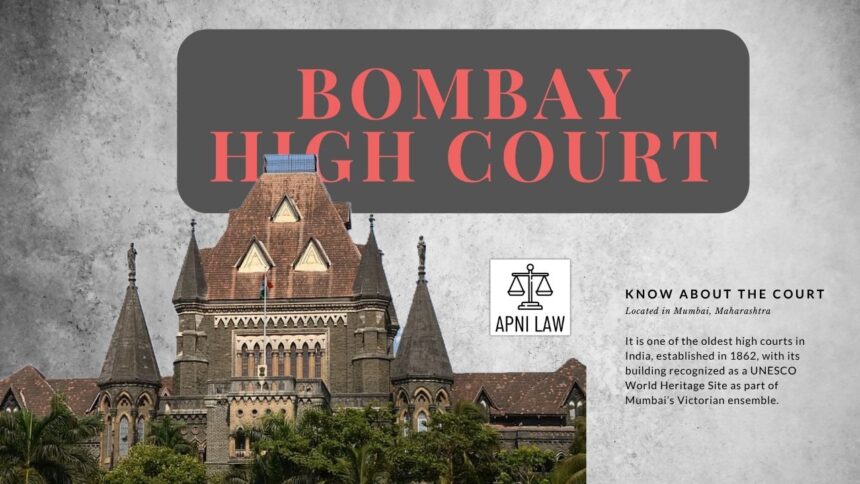Introduction
The Bombay High Court has ruled that claims of a wife being unhappy in marriage and frequently crying do not by themselves support a conviction under Section 498A of the Indian Penal Code (cruelty by husband or his relatives). The Court emphasised that cruelty must be shown through specific, grave acts and evidence, not vague or general complaint.
Facts of the Case
In the case of Ramprakash @ Popat Govind Manohar v. State of Maharashtra (Criminal Appeal 885 of 1998), the appellant husband and his parents were convicted by a Pune Sessions Court in November 1998 under Sections 498A and 306 of the IPC. The conviction stemmed from the suicide of their wife, in November 1997. The wife’s parents alleged that the husband had demanded money, including a sewing-machine, and that on Diwali of that year the husband and his parents told the wife’s father that if he wanted his daughter back, he must send her, and they would not go to fetch her. The wife’s parents testified that their daughter used to cry often and was unhappy. The husband challenged the conviction before the High Court.
What the Court Says
Justice Milind Sathaye delivered the judgment on 4 November 2025 and quashed the conviction. The Court held that the prosecution did not establish cruelty of the kind required under Section 498A IPC beyond reasonable doubt. It found that the evidence was largely the testimony of the wife’s parents about her unhappiness and weeping, and no concrete instances of harassment, coercion, or unlawful demand were proved. The Court noted that when the wife went missing on 13 November 1997, the complaint to police made by her parents did not contain any mention of cruelty or harassment by the husband or in-laws.
It held that the trial court’s finding of cruelty was not supported by a proper examination of evidence and lacked reasoned discussion of the cruelty’s nature or its effects. The Court also considered the fact that the matrimonial home had common latrines and river bank access, and accepted the possibility of a slip leading to drowning rather than suicide.
Implications
This ruling underscores that in Section 498A cases, courts and prosecutors must anchor their case on detailed, specific allegations and supporting evidence, not on general emotional distress or unhappiness alone. The decision clarifies that a wife’s tears or statements of unhappiness do not automatically amount to legal cruelty, especially when not tied to coercive conduct, unlawful demand, or grave threats. For defence counsel, it reinforces grounds for challenging prosecution if evidence is vague or unspecific. For litigants and investigators, it emphasises the need to document clear incidents of harassment, dates, unlawful demands, and corroboration beyond parental testimony of emotional upset.
For any specific query call at +91 – 8569843472
Conclusion
In the case of Ramprakash @ Popat Govind Manohar, Bombay High Court reiterated that the offence under Section 498A IPC demands more than mere emotional distress, it requires conduct of such cruelty as to drive or intend to drive the woman to serious injury or suicide. The Court therefore quashed the conviction based on parents’ statements alone that the daughter was unhappy and often wept. The judgment strengthens procedural fairness for husbands and in-laws, while reminding all parties that substantive evidence is essential in cruelty allegations.








